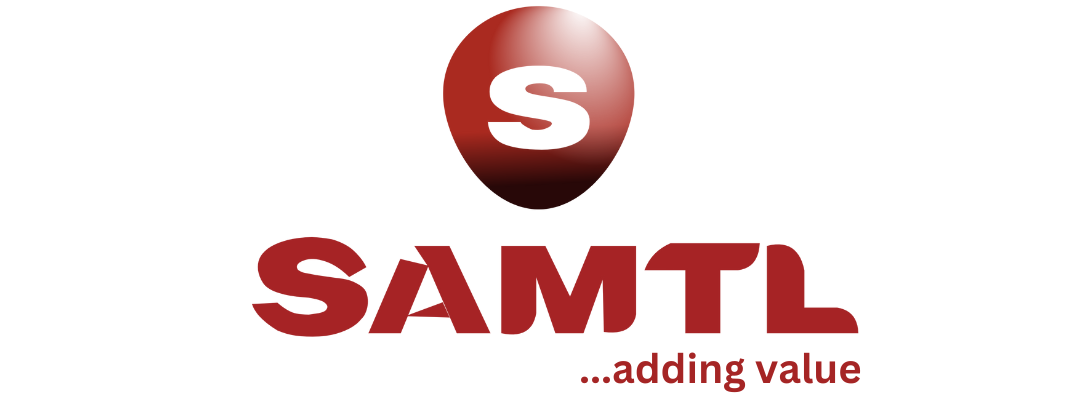According to a definition given by Smart About Money
Saving is setting aside money you don’t spend now for emergencies or for a future purchase. It’s money you want to be able to access quickly, with little or no risk, and with the least amount of taxes. Financial institutions offer a number of different savings options.
Investing is buying assets such as stocks, bonds, mutual funds or real estate with the expectation that your investment will make money for you. Investments are usually selected to achieve long-term goals. Generally speaking, investments can be categorized as income investments or growth investments.
How does savings differ from Investments
Saving and making an investment are each critical, however they’re not the same. While each can help you achieve a more comfortable economic future, people need to realize the variations and when it’s best to save and when it’s best to make investments.
The biggest distinction between saving and making an investment is the extent of risk taken. Saving normally permits you to sometimes earn a fixed return(i.e. same amount you deposited) however with no risk. In contrast, investment earns you a higher return, but you’re taking on the risk of loss with the intention to achieve this.
Neither saving nor investing is better in all instances, and the proper preference truly depends on your current financial situation.
So what’s the big deal you ask?
Now look at it this way, You have some money at hand.
If you need the money within a year or so or you want to use the money as an emergency fund, a savings account is your best option but if you don’t need the money for the next three to five or greater years and can withstand total loss, then you may invest the money.
For example, money needed to pay your child’s school fees in a few months should be in savings i.e. a savings account. You should not think of investing such money as it is a short term objective.
Investment on the other hand is better for longer-term money i.e. money you are trying to grow.
Depending on your level of risk tolerance, investing in the stock market, exchange-traded funds or mutual funds may be an option if you are looking to invest as these are investment opportunities that have over the years yielded good returns for their investors.
When you are able to keep your money in investments longer, you give yourself greater time to ride out the highs and low of the market. So, investing is an extraordinary preference when you are thinking long term (preferably many years) and won’t need to access the cash anytime soon.
Conclusion
In conclusion, no one is better than the other. Ideally, you should both save and invest some of your money from every income so you will be able to achieve all of your important financial goals that might have been set. Although, deciding whether to save or invest can be difficult but doing both is the best option. That way your chances of losing out completely are eliminated.
